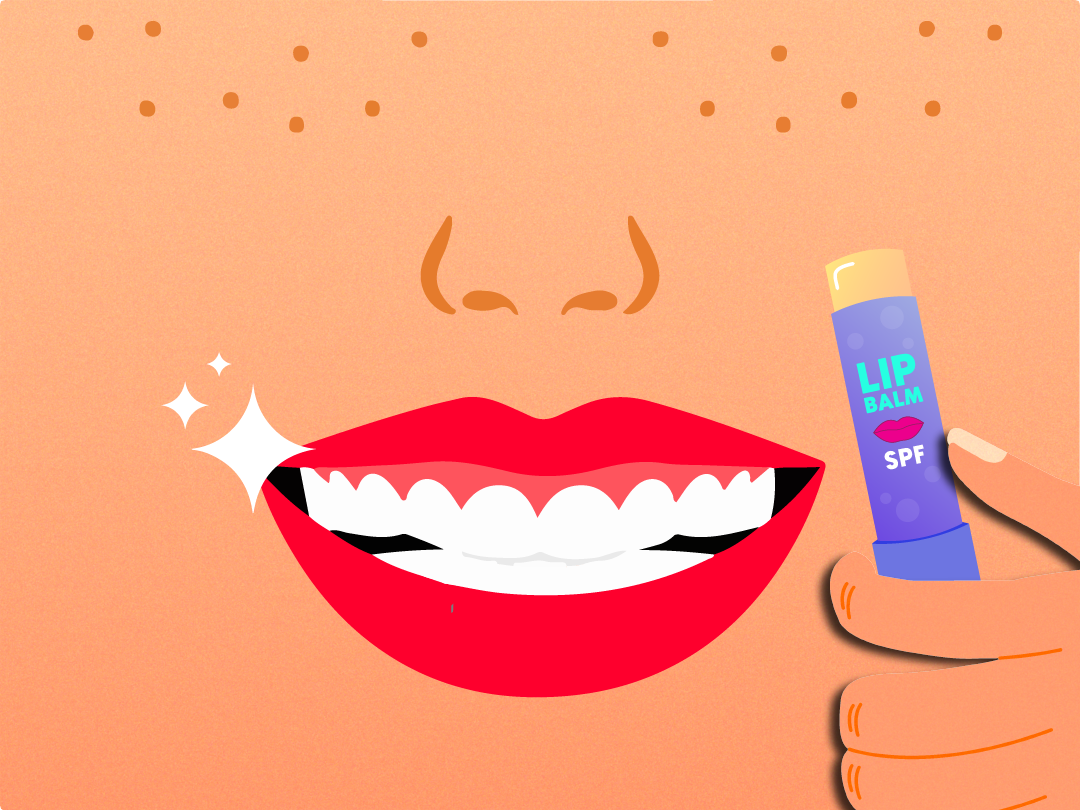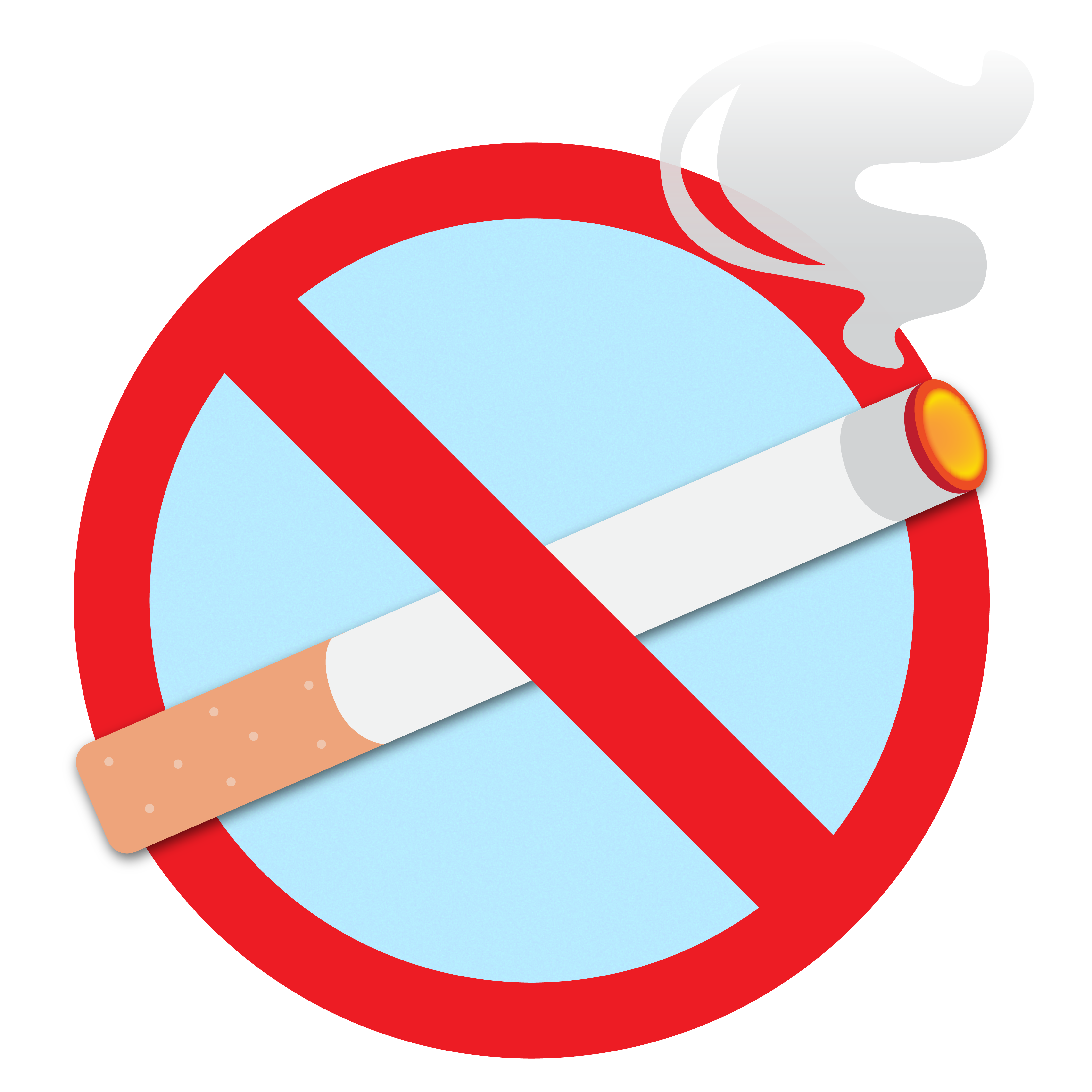
Not many people think about lip health as part of oral health, but it is. This includes more common concerns, like chapped lips, and more serious ones, such as lip cancer.
Lip cancer, the most common oral cancer, can present with a non-healing sore, discoloration (light or dark patches), and tingling or pain. To treat this cancer, surgery may be required that can impact your ability to eat and speak, leading to disruptions in your oral health and daily life.

The risk of lip cancer is higher for:
- Those with fair skin
- Men
- Older adults
- Immunosuppressed individuals
- Those who frequently overuse or abuse alcohol
- Tobacco users (cigarettes, chewing tobacco, cigar/pipe use)
- People with Human Papillomavirus (HPV) infection
- Excessive exposure to UV radiation from the sun
Note about sunburn: Sunburn can happen on your lips, if you don’t protect them. Don’t forget to apply sunscreen to your entire face before spending time in the sun, including your lips! Use a lip balm with a Sun Protection Factor (SPF) of at least 30 every day, rain or shine. As with other types of sunscreen, SPF-30 lip balm should be re-applied every 2 hours or more often, as needed.

Things you can do to decrease your risk of lip cancer:
- Don’t use tobacco. If you use tobacco, consider quitting.
- Avoid drinking alcohol excessively.
- Avoid excessive sun exposure - wear a hat with a wide brim and avoid being out in the sun during peak hours of 10 am- 4 pm.
- Use SPF-30 lip balm daily.
- Decrease the risk of HPV infection by getting vaccinated. The HPV vaccine is approved for ages 9-26. If you’re between 27 and 45, talk with your doctor to find out if you might be a candidate for HPV vaccine.
This information in this post is for general educational purposes only and does not warrant or represent any information as related to health as specifically appropriate for you. It is not intended to be medical advice or replace the relationship that you have with your health care providers. You should always seek medical advice on any diagnosis or treatment from a qualified health care provider. The information is provided “as is” without any representations or warranties, express or implied.






